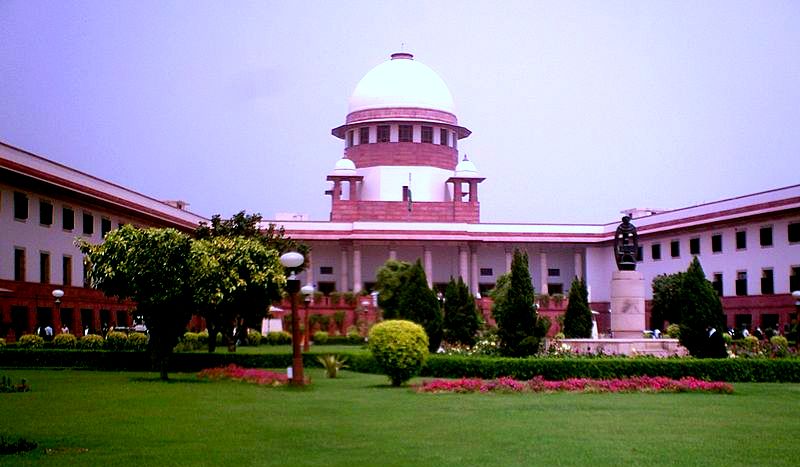The Supreme Court has now denied activists the opportunity to interfere in the Babri Masjid case. This prevents individuals like Shyam Benegal and Teesta Setalvad from interfering as well. The court made it clear that only the parties who filed the original lawsuits would be heard.
The bench led by Dipak Misra said that the first decision to be taken will be whether to send the case to a five-judge bench. This was the request of the lead petitioner M Siddiq who is now no more and his represented by his legal heirs.
The court said, “Counsel for appellants, as well as, the respondents in all the appeals have raised objections for such intervention/impleadment/filing additional documents/seeking permission to render assistance. We are of considered opinion that these interlocutory applicants do not merit any consideration and they are accordingly rejected.“
While the court won’t entertain interventions it won’t stop the filing of additional papers. Only the parties and organisations of both Hindu and Muslims contending the case will argue the case. The intervention plea filed by BJP’s Subramaniam Swamy which was fast-tracked was also rejected. But the court acknowledged that Swamy had filed a writ petition on the matter. The bench though refused to hear his plea because he was an outsider to the matter.
Rajeev Dhavan appearing in court for M Siddiq said in response the judgement delivered in 1994 that mosques were not integral to the prayers offered by Muslims. He said, “a mosque remains a mosque” moreover the land on which the structure is built belongs to “Allah” even when the mosque is demolished. The dispute has now been going on for years, with no end in sight. The case has seen a whole host of people argue it from various walks of life including a man claiming to be Bahadur Shah Zafar’s great-grandson. It’s a matter very close to the hearts of the people leading to much animosity between communities.

